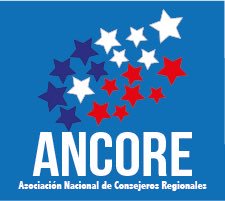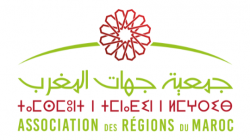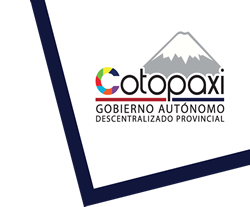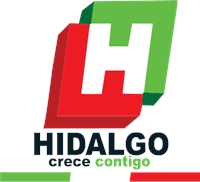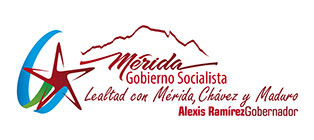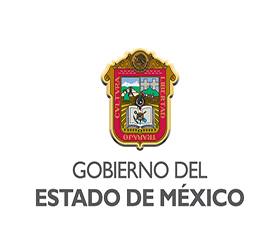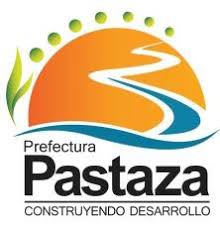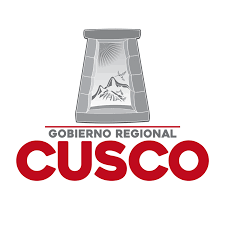An Ecuadorian delegation visits the Basque Country to learn about territorial development policies
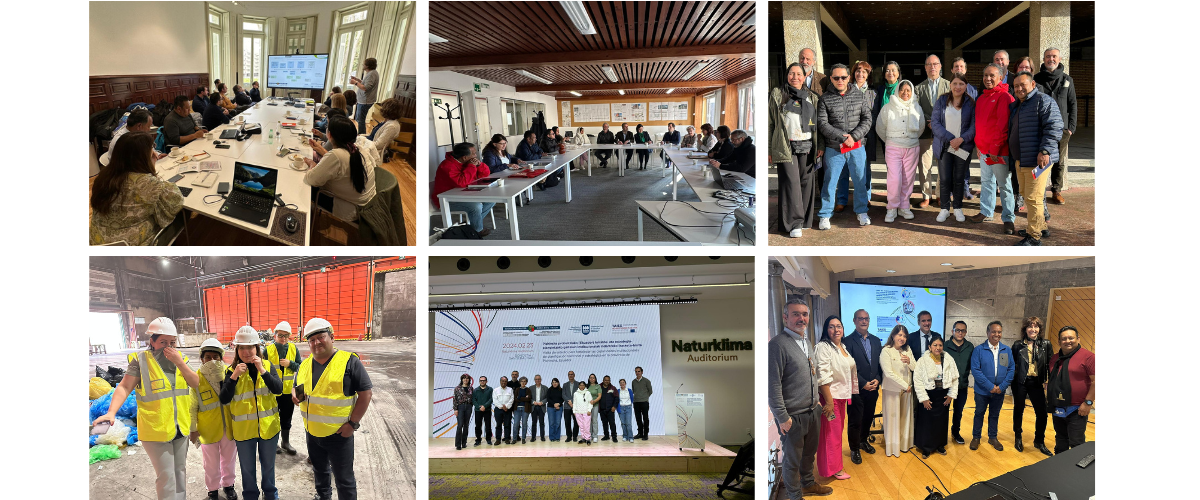
In an effort to face the challenges of climate change and organize its territory, a delegation from the provincial government of Pichincha, Ecuador, visited Euskadi from February 16 to 26. This visit sought to learn from the experiences and tools implemented by the Basque Government with the aim of strengthening its territorial planning capabilities. In any case, it was a technical exchange facilitated by the TAIEX (Technical Assistance and Information Exchange) program of the European Commission, to share successful practices and align with the Sustainable Development Goals.
The Basque Regional Ministry of Territorial Planning, Housing and Transport received the delegation at the Itsasmuseum in Bilbao. Miguel de los Toyos, Deputy Minister of Territorial Planning and Urban Agenda, highlighted the importance of preparing the territories to face the environmental and social changes underway. He also noted the urgent need to mitigate the negative impacts of climate change, rising temperatures, extreme weather events and rising sea levels. All this with the need to address social changes such as population growth, urbanization and socioeconomic inequalities.
During the visit, the Ecuadorian technicians, led by the Director of Planning of the Decentralized Autonomous Government of the Province of Pichincha, Glenda Calvas, had the opportunity to explore various initiatives, including the Bulzatu 2050 Urban Agenda, a long-term plan to promote environmentally friendly smarter and more sustainable urban areas. They were also able to learn about the Territorial Planning Guidelines (DOT), focused on creating green infrastructure and having sustainable residential urban growth. Thus, they became familiar with specific projects such as the regeneration of the Bilbao neighborhood of Otxarkoaga, highlighting the importance of these interventions for urban development.
The delegation also explored the Urdaibai Biosphere Reserve, where they immersed themselves in sectoral territorial plans and learned about initiatives to promote sustainable tourism. At the same time, crucial topics such as waste management and the circular economy were addressed, with sessions dedicated to key institutions such as the Naturklima Foundation of Gipuzkoa and the Center for Environmental Studies of Vitoria-Gasteiz. In this last city, capital of Álava, the Basque Government was interested in showing urban green infrastructure, partial sectoral and territorial plans, as well as organizing a visit to Ataria and the Green Belt. In addition to these activities, more training meetings were held to strengthen territorial planning capabilities.
The instruments and indicators of Planning and Territorial Ordering used by the Basque Government deserved a lot of attention from the Pichincha technicians, as they are similar to those of the Ecuadorian province, but more developed after years of application. With a considerable history of information, the Basque Government has precise analyzes when addressing territorial planning. Thus, the Ecuadorian technicians confirmed that, in Euskadi, urban growth is analyzed rigidly and they learned that there is a regulation that prevents growth that exceeds the limits established for the urban area. This allows maintaining a balance in the territory, between the productive, urban and conservation areas.


